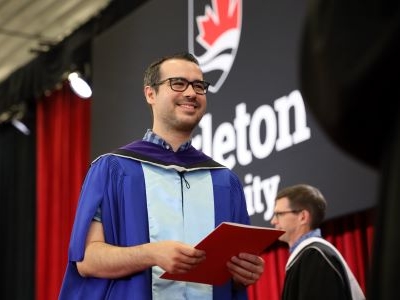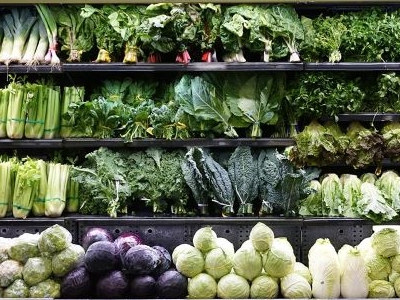Have you noticed the sudden proliferation of mandatory Indigenous Studies programs in post-secondary institutions across Canada?
PhD student Jo-Anne Lawless says this is due to a number of factors such as a genuine desire for understanding, a first step toward reconciliation, and/or the hope of increased funding.
Lawless decided to focus her research on these newly-introduced Indigenous programs and the ways in which they reflect and incorporate (or not) First Nation, Métis and Inuit pedagogies.
“I believe that my research is very timely, given the current government’s desire to change the country’s policies regarding Aboriginal people in Canada,” says Lawless. “It matters to me, personally, as a Métis woman, because I feel I bring an understanding of Native and non-Native cultures that is beneficial in navigating the divide between Indigenous knowledge transfer and North American ways of educating children which has been, and may still be, informed by colonial practices.”
Recently, Lawless was the principal author (in collaboration with Dorothy Taylor of Curve Lake First Nation, Rachael Marshall, Emily Nickerson and Dr. Kim Anderson) of Meaningful Engagement: Women, Diverse Identities and Indigenous Water and Wastewater Responsibilities published in the Journal of Canadian Woman Studies.
Through the course of her research for that article, Lawless says that she discovered, that although there are parallels among them, each First Nation’s water infrastructure issue is unique. “In one First Nation, the multi-million dollar wastewater treatment plant that they were required to install was not congruent with the infrastructure needs of the community, and they ended up with an impressive plant that did not address the pollution and flooding problems specific to that community,” shares Lawless.
Lawless concludes that consultation is absolutely vital when it comes to water and wastewater issues and that the opinion of well-trained professional community members, already in place in First Nations communities, should be taken seriously in the decision-making process.
This research project focused on the incorporation of Indigenous knowledge into water and wastewater infrastructure decision-making, and the paper itself—one of many which came from the project—examined the role of women in this process. Lawless says that a primary initiative of one of her co-authors was the Sacred Water Circle which brings together Native and non-Native people to work for water in a spiritually-guided manner through youth mentoring, community engagement, water walks and education.
Adds Lawless: “We were honoured to be a part of the water walk for two years. There is no easy solution to the problem of water on First Nations, but it is evident that the incorporation of Indigenous knowledge is an important first step in providing clean water while acknowledging the need for balance with our surroundings.”
Lawless is currently supervised by Dr. Peter Hodgins in the School of Canadian Studies. “Supportive interpersonal relationships are key to succeeding in academic life and this has been the most helpful element of his guidance so far. He is also useful at providing reading material that stretches the boundaries of where I thought my brain could reach.”
Lawless is planning on graduating in 2019 after which she wants to assist Canadian Aboriginal communities in their efforts to achieve autonomy in their education.
In the meantime, she has already published another article Strengthening Our Voices: Urban-dwelling Aboriginal people and research protocols in AlterNative: An International Journal of Indigenous Peoples.
For more information about the PhD program in Canadian Studies, click here.
Thursday, May 5, 2016 in Grad Student Research, News
Share: Twitter, Facebook





